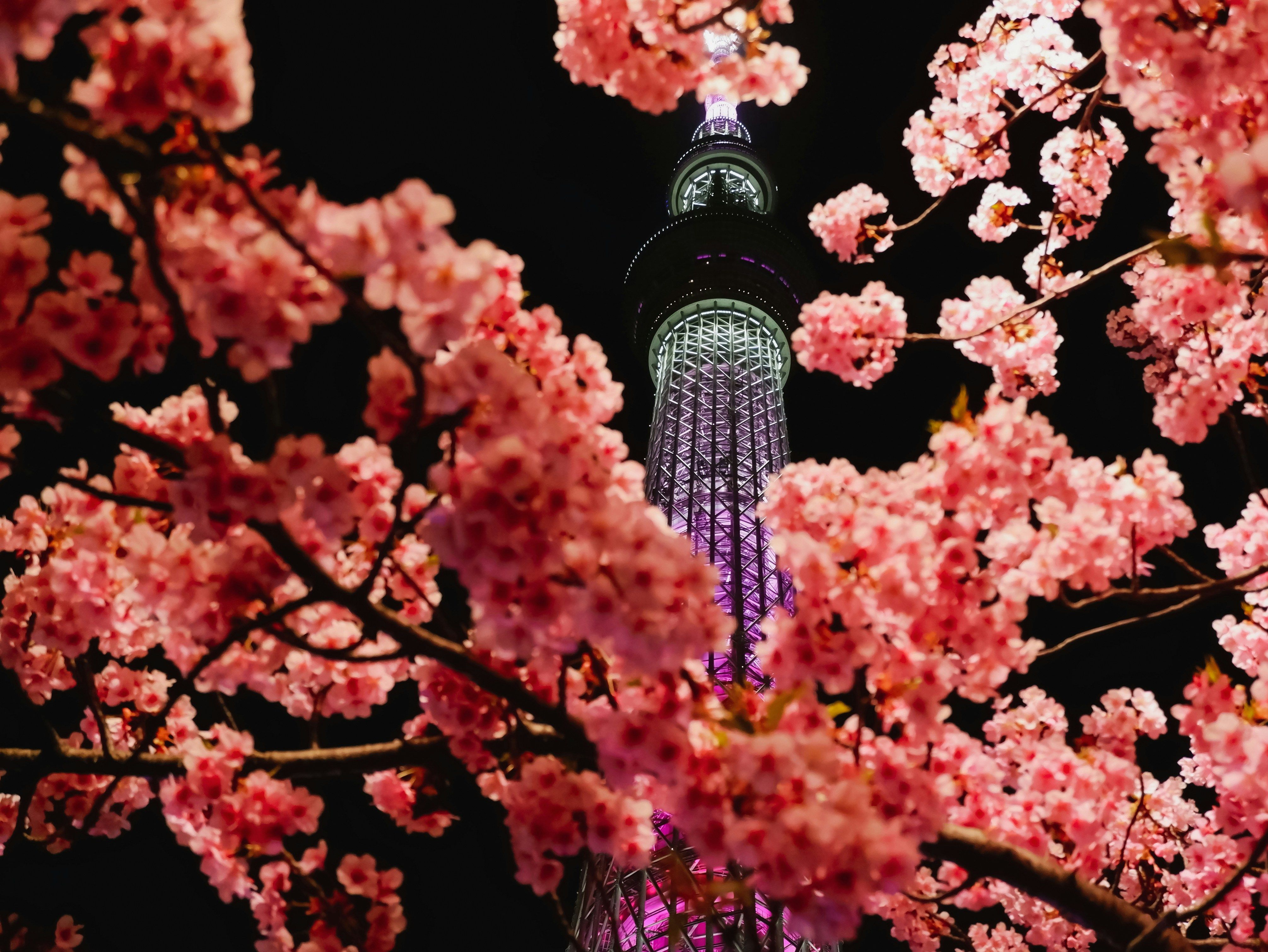In an unusual approach to tackling Japan's low birth rates and dwindling marriage numbers, Tokyo City Hall is set to launch a dating app named "Tokyo Futari Story," aimed at fostering serious relationships that could lead to marriage. Amidst a backdrop of falling birth rates and increasing singlehood, this is an effort by the government to encourage more Japanese people to form lasting partnerships. The app is designed to reverse the worrying decline in demographic figures that show a striking reduction in both marriages and births.
Tokyo City Hall's New Strategy to Combat Low Birth Rates

Photo by Nick Fewings on Unsplash
Overview of the "Tokyo Futari Story" dating app
The Tokyo Metropolitan Government has developed a new dating app called "Tokyo Futari Story" in an attempt to tackle the country's falling birth rates, which have reached record lows. The term "futari" signifies a pair, reflecting the app's goal to encourage the formation of couples in a society where being alone is increasingly prevalent. The app integrates extensive verification and user requirements to foster serious relationships aimed at marriage, offering a government-backed platform for individuals looking for a secure avenue to find life partners.
Financial and logistical aspects of the program
Tokyo City Hall has dedicated considerable resources to this project, allocating around $1.28 million to launch the app by the end of summer. This financial investment shows the government's desire to reverse the trend of declining birth rates. Logistically, the app integrates several features to ensure user authenticity and foster a trusted environment, which, combined with other marriage promotion activities, is a novel strategy to encourage family formation.
Features and Requirements of the Tokyo Futari Story

Photo by freestocks on Unsplash
Verification processes to ensure authenticity
To ensure a trustworthy dating environment, "Tokyo Futari Story" demands a rigorous verification process. Users are required to provide a government document confirming their single status, and a tax certificate slip to verify their annual income. This extensive data collection, unprecedented in typical dating apps, aims to ensure that all users are genuinely interested in a serious relationship, thereby improving the quality of interactions and reducing the prevalence of deceitful profiles.
Mandatory requirements for users seeking marriage
The Tokyo dating app is specifically designed for individuals who are looking for a partner to marry. Users must sign a statement declaring their intention to find a marriage partner, and they must undergo an interview conducted by the app's operators. This process ensures that only those who are serious about marriage are using the app, which helps to prevent casual daters from diluting the pool of candidates who are ready and willing to commit to a long-term relationship.
Security measures against scams and fake profiles
Given the prevalent concerns about scamming and fake profiles on dating platforms, "Tokago Futari Story" has implemented stringent security measures. The verification of personal and financial information helps to weed out potential scammers and ensures that all members are accurately represented, reducing the risks associated with online dating. Tokyo's government hopes that these features will provide users with a sense of security and encourage more people to join the platform, particularly those who may have been skeptical or hesitant to use other dating apps.
What Are The Possible Pitfalls of Tokyo's Initiative?

Photo by Jezael Melgoza on Unsplash
Public skepticism and concerns over privacy
The initiative by Tokyo City Hall to develop a government-sponsored dating app has stirred various concerns among the public, particularly regarding privacy. Although intended to combat low marriage and birth rates, the app mandates personal disclosures like income verification, marital status, and other sensitive details, raising eyebrows about the privacy of user data. The necessity for in-depth personal information and the government's involvement might deter potential users who are cautious about sharing such personal details online, despite the aim to ensure authenticity and security within the platform.
Potential cultural resistance to government-sponsored dating
In Japan, where societal norms often praise personal discretion and privacy, the concept of a government-run dating service might encounter cultural resistance. The app’s requirement for detailed personal information and government verification could be seen as an overreach into personal lives, making it uncomfortable for potential users who value privacy and autonomy in personal matters, such as dating and marriage. This cultural hurdle might affect the app's acceptance among the younger, privacy-valued population who are integral to the app’s success.
Comparisons with existing dating platforms
Compared to existing dating apps like Tinder and Bumble, Tokyo's government-sponsored app introduces far more stringent measures for user verification. While these measures aim to create a safe and transparent environment that counters the misrepresentation seen on other platforms, they could also lead to reduced user engagement. People accustomed to the relatively quick and anonymous interactions on existing apps might find the official procedures cumbersome, potentially making the government-backed app less attractive for casual or younger daters.
What Could This Mean for Japanese Society?

Photo by Susann Schuster on Unsplash
Impact on social norms and personal relationships
The introduction of a government-backed dating app could seriously influence social norms and personal relationships in Tokyo. By promoting marriage through such a direct approach, the government is defining and supporting traditional family structures, and possibly impacting how individuals approach personal relationships. If successful, this could lead to a shift in how societal relationships are viewed, bridging the gap between modern dating practices and traditional Japanese matrimonial cultures.
Consequences for Japan's demographic trends
Japan's demographic crisis, highlighted by declining birth rates and an aging population, is a pressing national issue. The Tokyo government’s introduction of a matrimonial app could be a crucial step towards mitigating these trends by encouraging marriages and, consequently, childbirth. If the app successfully increases the marriage rate, it could help stabilize or even reverse Japan’s declining population figures, contributing to a more balanced demographic profile in the coming decades.
Government's role in private lives
The development of a dating app by Tokyo’s government also raises questions about the extent of government involvement in the private lives of its citizens. By stepping into the dating scene, the government is taking an active role in personal relationships, which traditionally have been private. This leads to discourse about the balance between government support in personal matters and individual privacy, setting a precedent for future policies in other areas of personal life.






